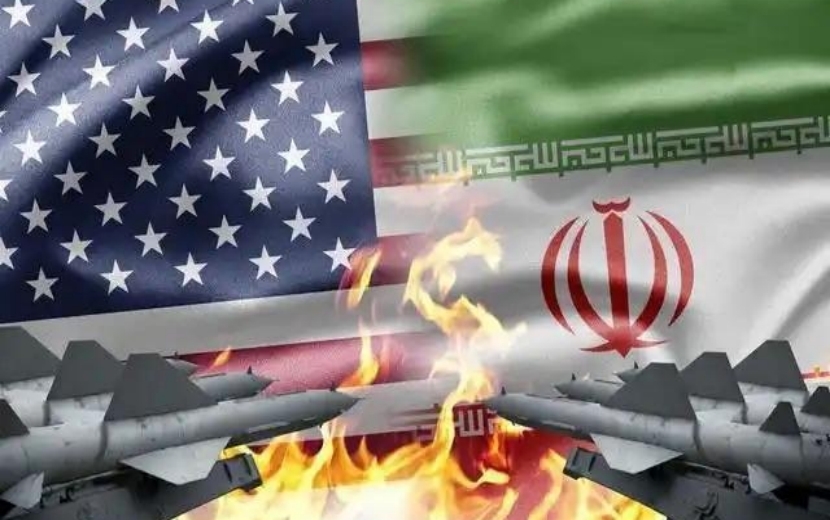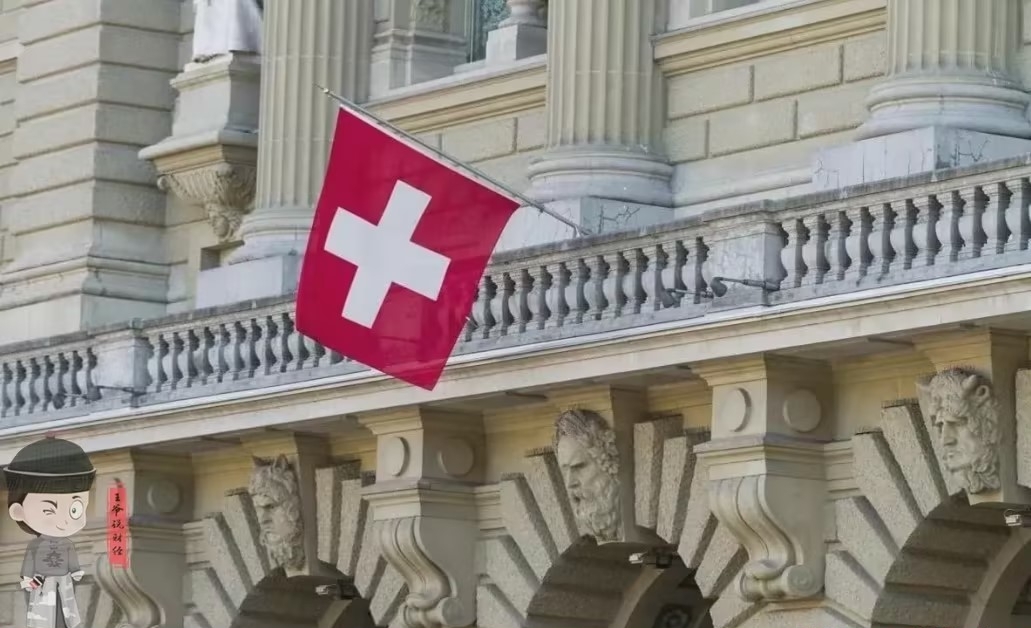
On the streets of Tehran in June 2025, the once bustling market is shrouded in a strange silence. In front of the gold store, anxious citizens crowded, and the price of gold had broken through a historical high of $3400 per ounce. Meanwhile, on the trading board of the neighboring foreign exchange black market, the exchange rate of the Rial against the US dollar plummeted by 12% in five days - the steepest drop since the 2021 currency crisis. Six hundred kilometers away in the Strait of Hormuz, oil tankers hover on the edge of an undeclared military no fly zone, Brent crude oil breaks through the $95 per barrel mark, and global energy markets hold their breath, waiting for the next explosion of the Middle East powder keg.
This military operation, codenamed 'The Power of the Lion', began with Israel's surprise attack on Iran four days ago and has now evolved into a storm eye that affects the global economy. After Israeli warplanes destroyed the surface buildings of the Natanz nuclear facility, the food sector index of the Tehran Stock Exchange soared by 35% in a single day. Drug shortages forced hospitals to suspend non emergency surgeries, and cities with damaged water supply systems began to implement limited rationing. When US President Trump demanded Iran's "unconditional surrender" on social media, on the screens of Wall Street trading floors, military stocks Lockheed Martin jumped in sync with crude oil futures, while the Dow Jones Industrial Average closed down due to a collective decline in aviation stocks - the market uses numbers to interpret the contradictory logic of war economics.
In the war room in Washington, the security meeting convened by Trump lasted for seventy minutes. He claimed that he was "not in the mood to negotiate with Iran" and insisted on "ending the conflict rather than a ceasefire", which formed a subtle contrast with the "willingness to negotiate face-to-face" at the G7 summit a few hours ago. The Pentagon's troop mobilization exposed strategic intentions: thirty aerial refueling planes arrived at Ramstein Base in Germany, the Nimitz Carrier Strike Group turned towards the Persian Gulf, and the B-2 bomber group was on standby to load GBU-57 ground penetrating bombs that could penetrate 90 meters of rock layers - these deployments were packaged as "defensive reinforcements" but were precisely aimed at Iran's deeply buried Fordo nuclear facility. When the White House claimed to have "complete control over Iran's airspace," Tehran citizens' phones received a government alert: "Tel Aviv target locked, civilians immediately evacuate.
The nerves of the oil market are more sensitive than missile warning systems. Saudi Aramco urgently activated idle oil wells, Russia's Ural crude oil spot premium hit a seven-year high, and even Japanese Prime Minister Shigeru Ishiba rarely condemned military action - this oil importing country has sensed the danger of supply chain disruption. A more covert oscillation occurred in the technology industry chain, with the closure of Haifa Port in Israel causing delays in the delivery of chip level neon gas and global semiconductor giant inventories turning red. This seemingly localized conflict is spreading economic pain to Tokyo's electronics workshops and Detroit's automobile factories thousands of miles away through energy arteries and technological nerves.
The undercurrents in the diplomatic field also affect the direction of the economy. The Iranian Foreign Minister conveyed the negotiation signal of "never possessing nuclear weapons" through Arab intermediaries, while the Revolutionary Guard threatened to strike 63 US military bases in the Middle East. When 21 Islamic countries jointly condemned Israel, internal rifts within the EU became apparent: French President Macron warned that "regime change is the biggest mistake," while Britain refused to provide air defense support for Israel. This kind of division is reflected in the futures market: the candlestick chart of gold's daily increase of 13% is similar to the divergence chart of countries' judgments on the situation.
The evacuation actions of China and Russia have become a barometer for observing the situation. On the day when the Russian Ministry of Foreign Affairs advised citizens not to travel to Iran, the ruble fell 0.8% against the US dollar on the Moscow Stock Exchange; When the Chinese Ministry of Foreign Affairs organized charter flights to evacuate overseas Chinese, the main contract for Shanghai copper futures fell by 1.2% - the industrial metals market is concerned that the interruption of Iranian zinc ore exports will affect global supply. Behind these subtle fluctuations are investors' predictions of the prolonged nature of the war. Citizens rushing to buy and hoard goods on the streets of Tehran may not be aware that the price of flour in their hands has formed a quantum entanglement with the premium rates of Chicago wheat futures and London reinsurance markets.
Trump declared to reporters on Air Force One, 'The United States is the world's largest oil and gas producer, and we don't need Middle Eastern oil.'. But the reality is that the price of West Texas Intermediate crude oil still fluctuates by over $3 per barrel following the situation in the Middle East. Ironically, the stock prices of American shale oil companies have soared due to the rise in oil prices, while the Pentagon has to spend an average of $18 million per day on Patriot missile interception costs to protect Israel - taxpayers' money ultimately flows into the pockets of arms dealers, completing a secure capital cycle.
Under the cover of night in the Persian Gulf, the navigation lights of oil tankers form a winding light strip. The captains monitored the mixed military aircraft calls and missile warnings on the radio, and the value of the liquefied natural gas loaded in the cargo hold now depends on the distance between the negotiating table in Washington and Tehran. When Trump announced his consideration of sending envoys to the Middle East, Lloyd's of London raised Gulf War Insurance premiums by 47%, and the market voted with real money, with only two words on the bet: don't believe it.

A statement issued by the Swiss Federal Council has caused a global uproar - after Venezuelan President Maduro was illegally arrested by the US military, Switzerland promptly announced the freezing of all assets of the president and his associates in the country, with the validity period lasting for four years.
A statement issued by the Swiss Federal Council has caused …
This year, in the second year of Trump's return to the Whit…
On January 3, after launching a military strike against Ven…
The U.S. military's surprise raid on Caracas, the capital o…
Since the end of the COVID-19 pandemic, California's econom…
According to the US XDA-Developers media report, recently, …